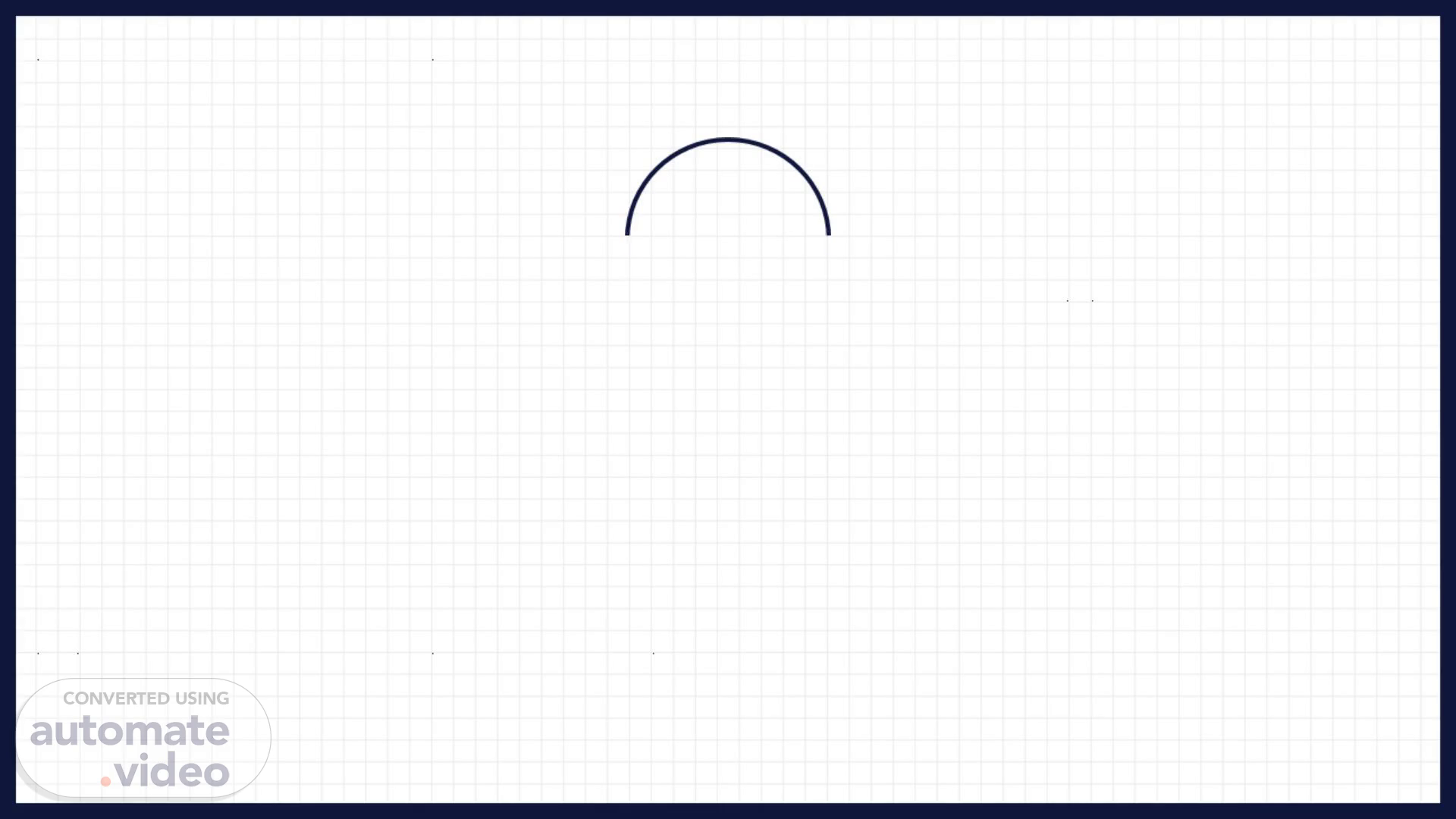Scene 1 (0s)
A SUBSCRIBE.
Scene 2 (9s)
CONDITIONAL TENSES.
Scene 3 (17s)
Conditionals are used to talk about a condition, and a result. The conditions are usually introduced by “if”..
Scene 4 (26s)
If students work hard, they pass the exam.. In this sentence, passing the exam is the result, and working hard is the condition. So, if working hard happens, then passing the exam also happens..
Scene 5 (56s)
You can start with the “if” clause, or you can put it at the end..
Scene 6 (1m 20s)
The verb forms in the two clauses can be affirmative or negative depending on the context. So, you can say:.
Scene 7 (1m 51s)
In English, there are 5 main conditional tenses..
Scene 8 (2m 28s)
ZERO CONDITIONAL. Zero conditional is used to talk about general truths, or unchanging habits, or situations in which one condition always causes a certain result..
Scene 9 (2m 59s)
Let’s consider the following examples:. If you press this button, the engine starts. If you heat water to 1000C, it boils. If I have homework, I stay up late..
Scene 10 (3m 38s)
As you can see, this is a present conditional, and it is true all the time..
Scene 11 (4m 18s)
Now, we have learned 3 things about zero conditional:.
Scene 12 (4m 33s)
FIRST CONDITIONAL. First conditional is used to talk about something that is possible or likely in the future, not in the present..
Scene 13 (4m 56s)
Let’s consider the following examples:. If it is warm tomorrow, we will go to the beach. If you drive fast enough, you will get there on time. If I am free this afternoon, I will visit my grandparents..
Scene 14 (5m 25s)
As you can see, this is a future conditional, and it is probable or likely, but not guaranteed..
Scene 15 (6m 5s)
More examples with first conditional:. If she plays well, she won’t lose the match. You won’t miss any word if you listen carefully. If they ask me for help, I will help them..
Scene 16 (6m 38s)
SECOND CONDITIONAL. Second conditional is used to talk about something that is impossible or unlikely in the present..
Scene 17 (7m 0s)
Let’s consider the following examples:. If I were free now, I would go with you. If she spoke French, she would understand the message. If I were dead, my kids would be orphans now..
Scene 18 (7m 30s)
In examples 1 and 2, we’re talking about 2 unlikely situations in the present. We don’t expect these things to exist in the present..
Scene 19 (7m 49s)
As you can see from the previous examples, all the situations are located in present time, not the future or the past..
Scene 20 (8m 28s)
THIRD CONDITIONAL. Third conditional is used to talk about something that is impossible in the past. It is used to talk about imaginary (hypothetical) situations in the past..
Scene 21 (8m 57s)
Let’s consider the following examples:. If I had been free yesterday, I would have gone with you. If she had spoken to me politely, she wouldn’t have made me angry. If he had worked hard, he would have passed the exam last month..
Scene 22 (9m 31s)
In all three examples, we’re talking about 3 impossible situations. We know for sure that these events cannot happen because time has passed..
Scene 23 (9m 49s)
More examples with third conditional:. If she had been punctual, she wouldn’t have lost her job. You would have understood if you had listened carefully. If I hadn’t received your email, I would have called you..
Scene 24 (10m 22s)
MIXED CONDITIONAL. Mixed conditionals are conditional sentences where parts of two different conditionals are put together..
Scene 25 (10m 50s)
Let’s consider the following examples:. If I had slept early last night, I wouldn’t be tired now. If he hadn’t sold his car last month, he wouldn’t beg rides to work now. If she hadn’t missed the first lesson, she would understand this second lesson..
Scene 26 (11m 27s)
In all three examples, there is a condition in the past that has a result in the present. The condition and the result are both imaginary, not real. The condition is in past conditional, and the result is in present conditional..
Scene 27 (11m 44s)
More examples with mixed conditional:. If we had looked at the map two hours ago, we wouldn’t be lost now. You wouldn’t need a visa to France now if you had been born there. If I had taken a computer course, I would have more job opportunities now..
Scene 28 (12m 19s)
This is not all about mixed conditionals. There are other patterns that we did not explain in this lesson. In the near future, there will be a lesson about this..
Scene 29 (12m 22s)
THANKS FOR. WATCHING. 91 38180s8nsI v. DON’T FORGET TO LIKE, SUBSCRIBE AND SHARE.
